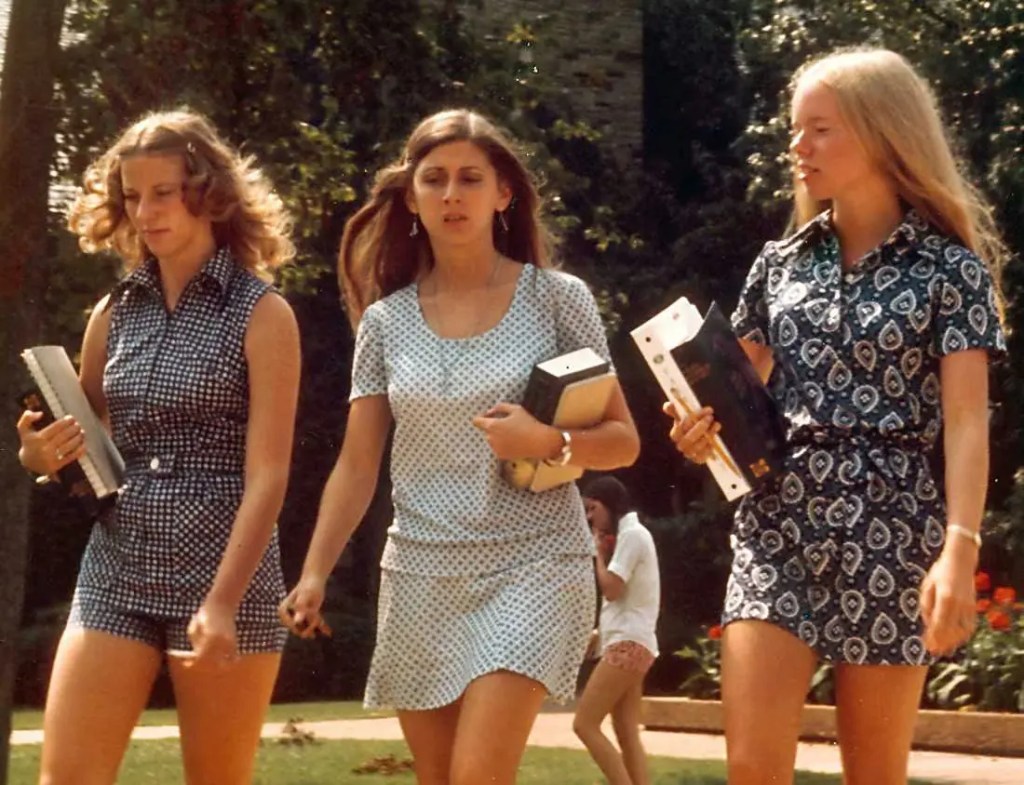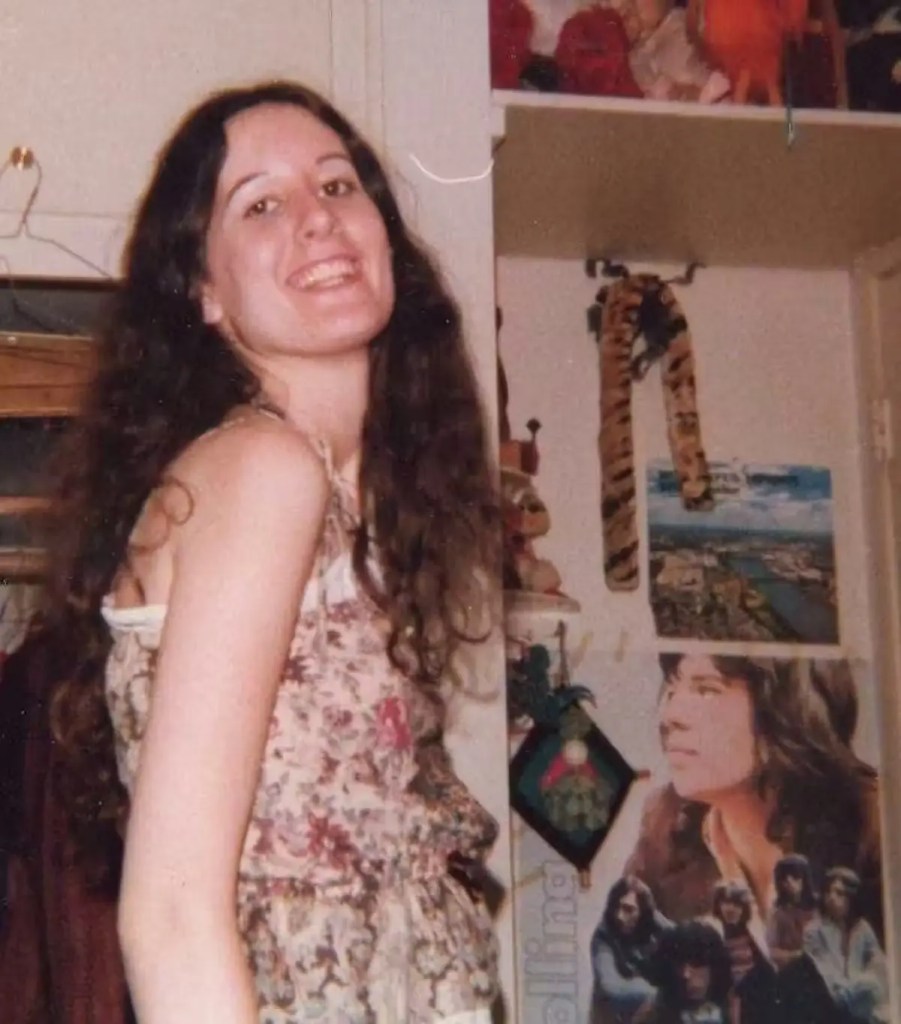Let’s say you were a musician.
You work hard for a year writing and producing (and singing, of course) a new album, and, when you finally release it, buyers rush to the store with their money in hand.
Over 50,000 copies sell on the day of the release, which is doubly impressive because you launched your album only in the U.K. (where, hypothetically, you’re from).
Nearly another 100,000 copies sell over the course of the debut week, and the album tops the national charts. Ultimately, the album goes “platinum” many times over, and you sell well over 2 million copies in Europe alone and probably around 5 million worldwide.
That sounds great, right? Right. But for record label EMI, it was, well, not.
The musician whose story is told above isn’t a hypothetical person. He’s Robbie Williams, one of the U.K.’s most well-known singers.
Robbie Williams performing in New York City in 2003. Photo by Frank Micelotta/Getty Images.
North Americans who can recall 1999 likely remember his only major success in this hemisphere, “Millennium,” but if not, listen and watch here. The song topped the U.K. charts and is the only Robbie Williams song to make the Billboard Hot 100 in the United States.
In October 2002, Williams signed a four-album contract with EMI Records which, according to the BBC, earned him an U.K.-record £80 million (or about $125 million), still a record for music contracts in the nation.
The first two albums Williams delivered were unqualified successes; the first, “Escapology,” sold over 2 million copies in the U.K. and more than a million more in Germany alonesold an estimated 6.2 million copies worldwide.
But the third album, “Rudebox,” didn’t do as well.
“Rudebox” came out in 2006, and although it topped out at 5 million, that took nearly a decade — and besides, EMI was expecting to sell about a million more.
And they had already produced that extra million CDs.
For two years, millions of copies of Williams’ third album sat idle, unsold and undistributed to retailers.
The CDs were seemingly destined for the landfill, but in 2008, EMI found a buyer — maybe — for the extra inventory: an unnamed Chinese company which wanted every single leftover copy.
But the buyers in China weren’t CD stores or, for that matter, interested in Williams’ music at all.
The buyers weren’t retailers or wholesalers or anything of the sort — they were road builders. Specifically, as reported by Contact Music, EMI crushed the CDs and shipped them to China so that the pulverized discs could be “used in street lighting and road surfacing projects.” Apparently, crushed CDs make for good road safety.
Whether EMI made any money on the deal went unreported — its possible that they simply wanted the CDs out of their warehouses and found a company willing to haul them away.
Either way, in some areas of China, the streets aren’t quite paved with gold, but they very well might be paved with an album that went platinum.
Dan Lewis runs the popular daily newsletter Now I Know (“Learn Something New Every Day, By Email”). To subscribe to his daily email, click here.























